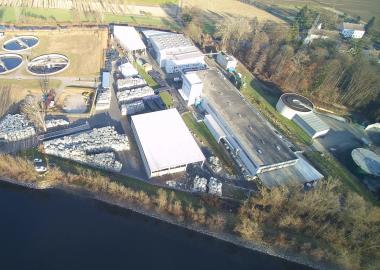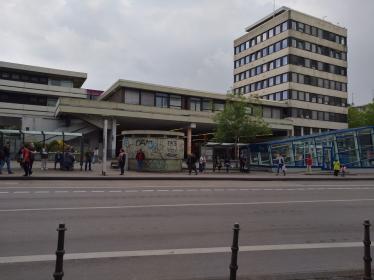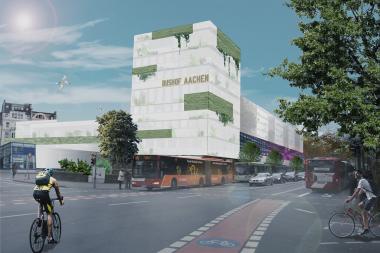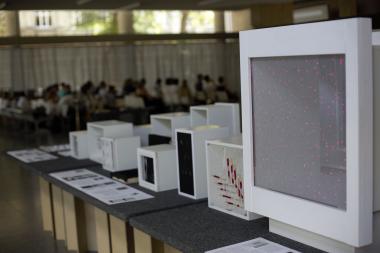Borealis strengthens its commitment to plastics recycling and further develops mechanical recycling capabilities
- Successful acquisition of Austrian plastics recycling company Ecoplast Kunststoffrecycling GmbH
Borealis, a leading provider of innovative solutions in the fields of polyolefins, base chemicals and fertilizers, announces today that it has fully acquired the Austrian plastics recycler Ecoplast Kunststoffrecycling GmbH (“Ecoplast”). Based in Wildon, Austria, Ecoplast processes around 35,000 tonnes of post-consumer plastic waste from households and industrial consumers every year, turning them into high-quality LDPE and HDPE recyclates, primarily but not exclusively for the plastic film market.
The expectation of Borealis is that the recycled PO market will grow substantially by 2021, which is the strategic rationale behind the acquisition. The company has made PO recycling a key element of its overall PO strategy because of its potential to support both growth and sustainability. Borealis has been an industry frontrunner in making polyolefins more circular. In 2014, it began offering high-end compound solutions to the automotive industry, consisting of 25% and 50% post-consumer recycled content. Borealis was also the first virgin PO producer to explore the possibilities of mechanical recycling, by acquiring one of Europe's largest producers of post-consumer polyolefin recyclates - mtm plastics GmbH and mtm compact GmbH – in July 2016. Since then it has continued to invest into the development of technology and new products in the area of circular polyolefins.
“Borealis recognises the increasing need for plastic recycling and sees the Circular Economy as a business opportunity. Borealis already has a long-term collaboration with Ecoplast and this acquisition is the next logical step in building our mechanical recycling capabilities. As an important complement to mtm in Germany, Ecoplast will help us address critical sustainability challenges and become a polyolefin recycling leader. Eventually, we want to use our experience to develop an effective blueprint for the end-of-use phases for plastics that can be applied in other parts of the world,” says Borealis Chief Executive Alfred Stern.
“We are very happy that the transaction with a strong and reliable partner such as Borealis has been successfully concluded and are looking forward to our common future activities on the recycling market. We have located potential synergies in many operative and strategic areas, especially in product quality R&D and future applications of polyethylene-film-recyclates. The combination of Ecoplast and Borealis holds the potential to be groundbreaking for the market,” says Ecoplast’s Managing Director Lukas Intemann.
ikp Wien GmbH










